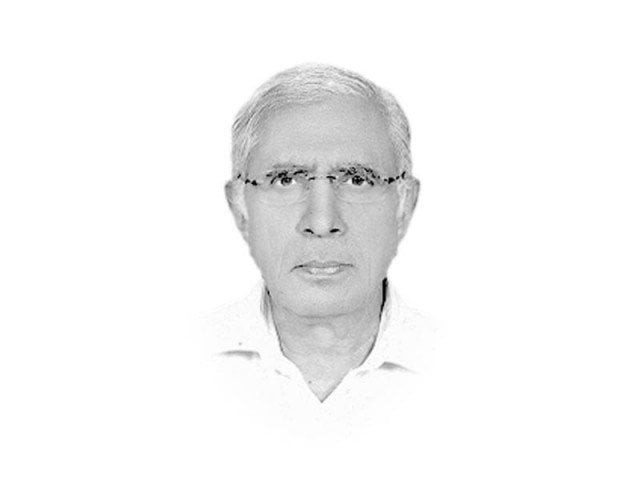How to steal an election
In elections where autocrats have rigged polls, the contest is rigged from the start

The writer served as executive editor of The Express Tribune from 2009 to 2014
This article was adapted from the new book, ‘How to Rig an Election’ written by Nic Cheeseman, a professor of democracy and international development at the University of Birmingham, and Brian Klaas, a Fellow in Comparative Politics at the London School of Economics.
On a scale of one to 10, in which 10 reflects a perfect election and one reflects the worst possible, the average election around the world scores just six according to data collected by the Electoral Integrity Project. In Asia, Africa, post-communist Europe, and the Middle East, the figure is closer to five. Globally, only about 30% of elections result in a transfer of power; at times an illusion of transfer of power occurs. In other words, incumbents or their proxies win seven times out of 10 — and this figure is even lower in nascent democracies.
Over the last decade, there has been a gradual decline in the quality of democracy in the world. In 2017, according to Freedom House, 71 countries suffered net declines in political rights and civil liberties, with only 35 registering gains. Today, nearly two in three citizens in the world live under a semi-democratic system.
There are a range of possible options that autocrats can use to tip the electoral scales in their favour. Different elections require different tools — but there’s logic to all of them.
The smartest way to rig an election is to do so before the ballots have even been printed. Today, the most effective autocrats steal elections well before polling day.
The best manipulations are those that can be done subtly and legally but nonetheless ensure victory. The worst forms of pre-election manipulation are easily detected, illegal, and have little impact. Effective rigging ensures that you or your proxies win and that you get away with it without losing legitimacy.
Such strategies include manipulating the voter rolls, excluding opposition candidates from contesting, and distorting electoral districts to maximise partisan gains (gerrymandering). What all of these tactics have in common is that they can be deployed months in advance of an election. In short, while more elections are being held and monitored to verify their integrity, the entire business of elections has become a bit like a cricket match on a rigged pitch.
The consequences of rigging are often negligible. There are countless elections that were blatantly rigged and were never noticed or condemned by international monitors.
The tactics outlined here may seem new, but they are old news to the world’s dictators and despots. For decades, they have been fine-tuning their strategies in order to hold elections that only they or their proxies can win. Over time, their trial-and-error efforts have produced rigging techniques that, unfortunately, work. The government prints the ballots, lets people show up to vote, and wins and retains power. The hallmark of these elections is that we usually know who will win well before the counting ends. That’s not how democracy is supposed to work.
In the 21st century, strongmen have learned that it’s easier to stay in power by rigging elections to win or bring in proxies than by not holding them at all. Right now, those who rig elections are outfoxing not only their own citizens but the international community as well. Unless one identifies those strategies and address them, the quality of elections will continue to decline.
Published in The Express Tribune, June 9th, 2018.
Like Opinion & Editorial on Facebook, follow @ETOpEd on Twitter to receive all updates on all our daily pieces.














COMMENTS
Comments are moderated and generally will be posted if they are on-topic and not abusive.
For more information, please see our Comments FAQ